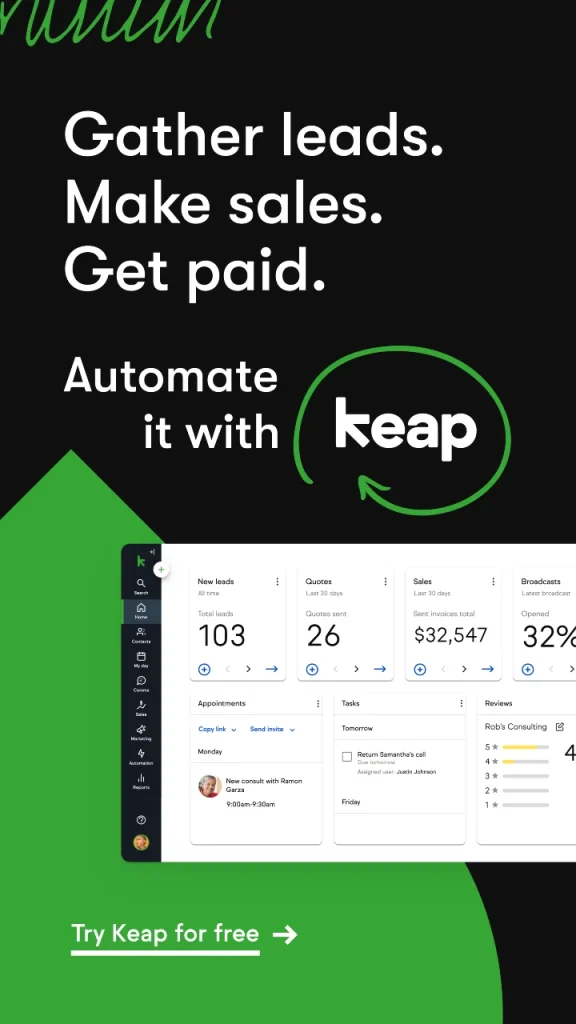
Key Marketing Terms SMB Owners Should Know in 2024
DIGIBLOG is a member of various affiliate programs.
If you purchase something through one of our links, we may earn a small commission. Read how we earn money HERE.
Top terms
New on DigiBlog
DigitronicBlog's Top Reads
Latest Articles
Recent News




